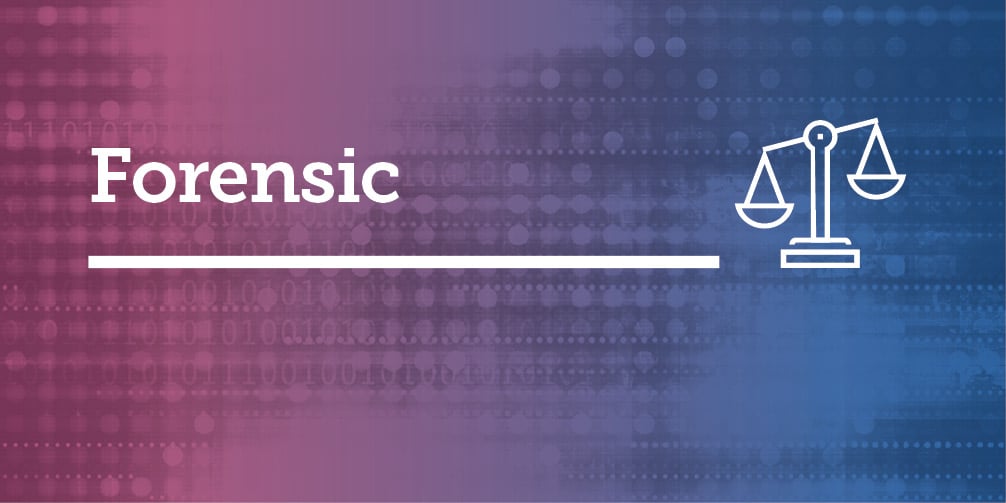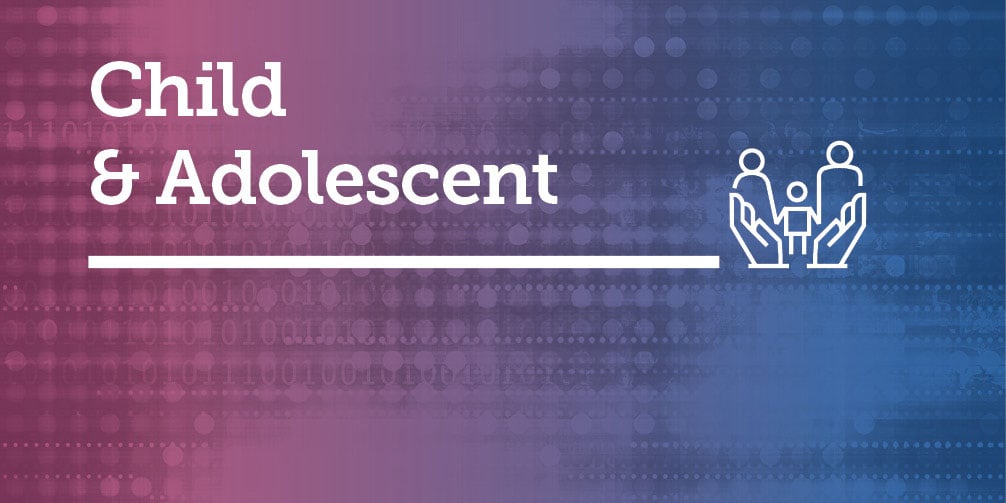Course Catalog
Browse over 100 self-paced continuing and professional studies programs .
Show All
Show All
Show All
Show All
Show All
Show All
 5 Hours / 5 CEs
5 Hours / 5 CEs

John Hamel, PhD, LCSW
LIVE: Advanced Strategies in Partner Abuse Interventions: Working with Perpetrators, the Systems Perspective, and Family Interventions
1718236800000Event Date: Jun. 13, 2024 | 9:00 AM - 2:00 PM
06/13/2024
5
liveadvancedstrategiesinpartnerabuseinterventionsworkingwithperpetratorsthesystemsperspectiveandfamilyinterventions
250


Virginia Barber-Rioja, PhD
Ashley Batastini, PhD
LIVE: An Introduction to Correctional Mental Health
1718064000000Event Date: Jun. 11, 2024 | 2:00 PM - 3:30 PM
 1.5 Hours / 1.5 CEs
1.5 Hours / 1.5 CEs


Virginia Barber-Rioja, PhD
Ashley Batastini, PhD
LIVE: An Introduction to Correctional Mental Health
1718064000000Event Date: Jun. 11, 2024 | 2:00 PM - 3:30 PM
06/11/2024
15
liveanintroductiontocorrectionalmentalhealth
0
 2 Hours / 2 CEs
2 Hours / 2 CEs

Clark Ausloos, PhD
LIVE: Assessing Research Related to Transgender and Nonbinary (TNB) Youth
1718582400000Event Date: Jun. 17, 2024 | 10:00 AM - 12:00 PM
06/17/2024
2
liveassessingresearchrelatedtotransgenderandnonbinarytnbyouth
100
 1 Hour / 1 CE
1 Hour / 1 CE

Jerrod Brown, PhD
LIVE: Blood Sugar Dysregulation: Clinical and Forensic Implications
1733270400000Event Date: Dec. 4, 2024 | 10:00 AM - 11:00 AM

12/4/2024
1
livebloodsugardysregulationclinicalandforensicimplications
100
 3.5 Hours / 3.5 CEs
3.5 Hours / 3.5 CEs

Szu-Yu Chen, PhD
LIVE: California Child Abuse and Neglect Assessment and Reporting
1718323200000Event Date: Jun. 14, 2024 | 9:00 AM - 12:30 PM
06/14/2024
35
livecaliforniachildabuseandneglectassessmentandreporting
175
 4 Hours / 4 CEs
4 Hours / 4 CEs

J. Russell Ramsay, Ph.D., ABPP
LIVE: CBT for Adult ADHD: Helping Clients Turn Intentions into Actions
1726185600000Event Date: Sep. 13, 2024 | 9:00 AM - 1:00 PM
09/13/2024
4
livecbtforadultadhdhelpingclientsturnintentionsintoactions
175
 4 Hours / 4 CEs
4 Hours / 4 CEs

Tess M.S Neal, PhD
LIVE: Eight Best Practices to Improve Forensic Psychological Assessments
1722902400000Event Date: Aug. 6, 2024 | 9:00 AM - 1:00 PM
08/6/2024
4
liveeightbestpracticestoimproveforensicpsychologicalassessments
175
 4 Hours / 4 CEs
4 Hours / 4 CEs


Gina Manguno-Mire, PhD
Claude J. Kelly, JD
LIVE: Evaluation for Mitigation in Non-Capital Federal Sentencing Cases
1719532800000Event Date: Jun. 28, 2024 | 9:00 AM - 1:00 PM
06/28/2024
4
liveevaluationformitigationinnoncapitalfederalsentencingcases
200
 5 Hours / 5 CEs
5 Hours / 5 CEs

John Hamel, PhD, LCSW
LIVE: Evidence-Based Practices in Partner Abuse Treatment: Assessment and Working with Victims
1717545600000Event Date: Jun. 5, 2024 | 9:00 AM - 2:00 PM
06/5/2024
5
liveevidencebasedpracticesinpartnerabusetreatmentassessmentandworkingwithvictims
250

